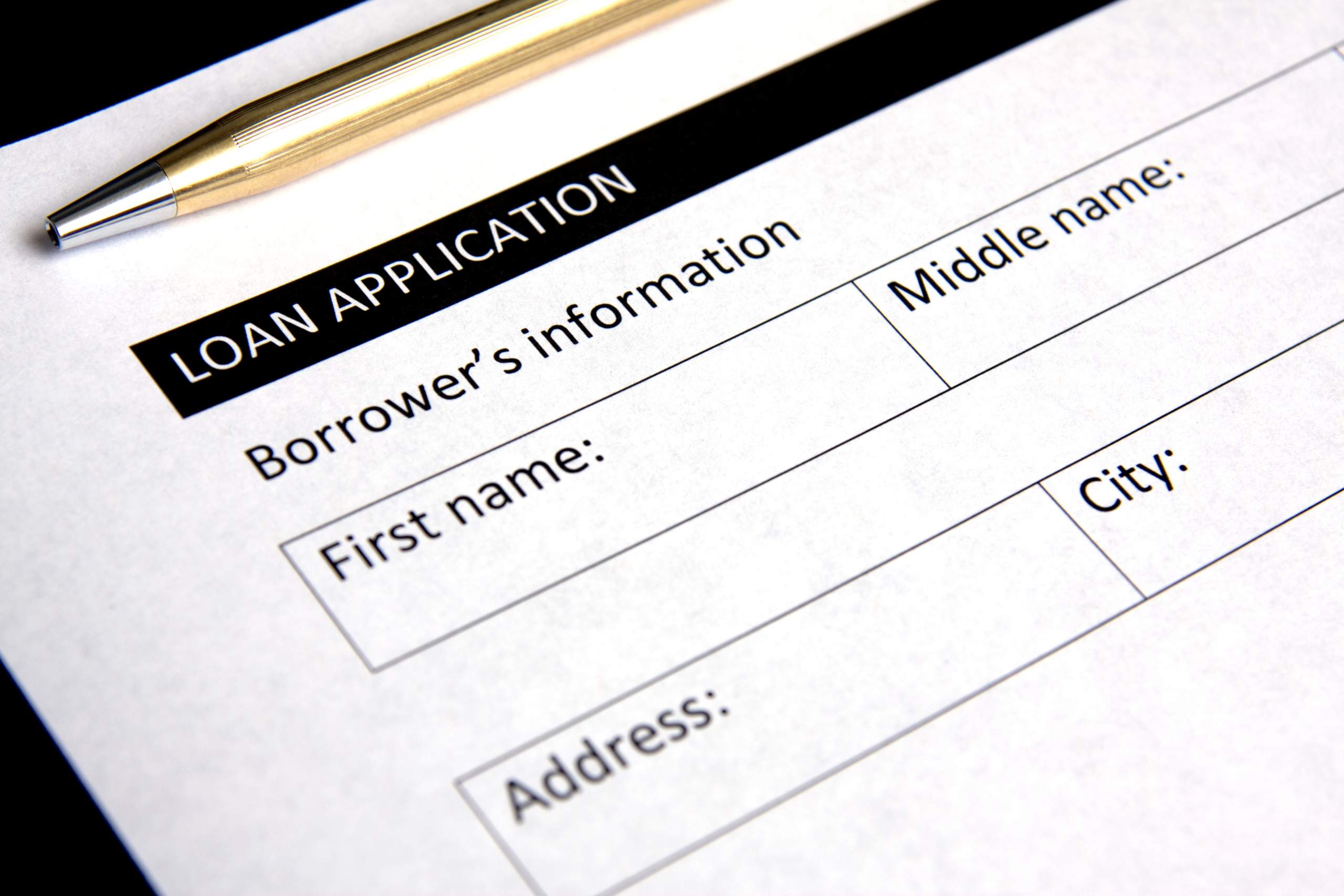Filling out your mortgage prequalification application is the first step in obtaining a home loan. As a first-time homebuyer, an application for a mortgage might seem a little intimidating. You may feel uncertain about whether you’re answering questions correctly or be worried that you’ll make a mistake and your application will get denied. Or, it’s possible that you may not have any idea how to even get started in the first place.
We’re here today to put your worries at ease. Applying for a mortgage may seem complicated, but it’s not all that difficult. And we’re here to help!
Below, we’ve provided answers to some common mortgage application questions.
When to Apply
We recommend filling out your prequalification application before you start shopping around for a home. That way, you’ll have a prequalification letter handy when you’re ready to make an offer. Additionally, many real estate agents require a prequalification letter before they’ll start showing homes to a client.
Mortgage Application FAQs for First-Time Homebuyers
As a First-Time Home Buyer, it’s only natural for you to have questions about your mortgage application. After all, this is something entirely new that you’ve never done before and it’s quite a serious matter! Below, we’ve provided answers to some of the most common first-time homebuyer application questions.
Q: What is the difference between being prequalified and approved?
A: Prequalification and approval are two different stages in the mortgage process. Prequalification is basically when a lender says they’re willing to work with you, given certain parameters. Approval is later on down the line, after you’ve submitted an offer on a home and your lender has received all the necessary documents, including the inspection and appraisal report.
Q: Why do you need to know my credit score?
A: Lenders request credit reports because it helps them understand risk. They want to know that you have a good credit history and can manage debt responsibly.
Q: What is a “debt-to-income” ratio?
A: Your debt to income ratio, or DTI, is a figure that represents how much debt you have vs. how much money you make. To calculate, lenders take your monthly debt payments and divide that by your monthly income.
Q: How do you determine my mortgage rate?
A: Mortgage rates are determined based on the level of risk involved. Many different factors are used to calculate your mortgage rate including your credit score, loan-to-value ratio, economic inflation, the current status of the market, and more.
Have Questions? We’ve Got Answers!
As a first-time homebuyer, filling out an application can feel overwhelming. Often, you run into questions as you go. But don’t worry, we’re here to help. Call our office today to get in touch with an expert and get the information you need!





